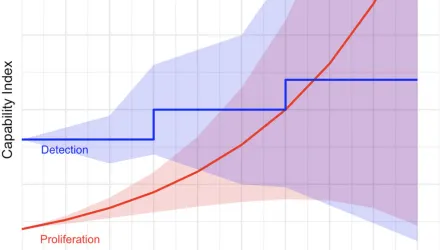This chapter examines the relationship between security assurances and North Korean nuclear decision-making by focusing on four key areas: key geopolitical shocks that had a major impact on the North Korean regime; main sources of security assurances for North Korea over its history; this volume's hypotheses on security assurances based on how North Korea reacted to geopolitical shocks; and conditions under which security assurances may be most effective in dealing with North Korea in the future.
"After conducting nuclear weapon tests in 2006 and 2009, North Korea has increasingly insisted that it has become the world's ninth nuclear weapon state. Many interpretations of North Korean nuclear decision-making leading to this situation are inadequate in explaining Pyongyang's nuclear behavior. While hostile U.S. policy is frequently cited by North Korea as the reason it needs a nuclear deterrent, a careful examination of nuclear behavior by the Democratic People's Republic of Korea (DPRK) reveals that even when the United States has offered explicit security assurances, North Korea has continued with its nuclear weapons development. This behavior raises important questions about our understanding of security assurances and North Korea's stated policy goals.
This chapter examines the relationship between security assurances and North Korean nuclear decision-making by focusing on four key areas...."
Park, John. “Assessing the Role of Security Assurances in Dealing with North Korea.” August 2012





